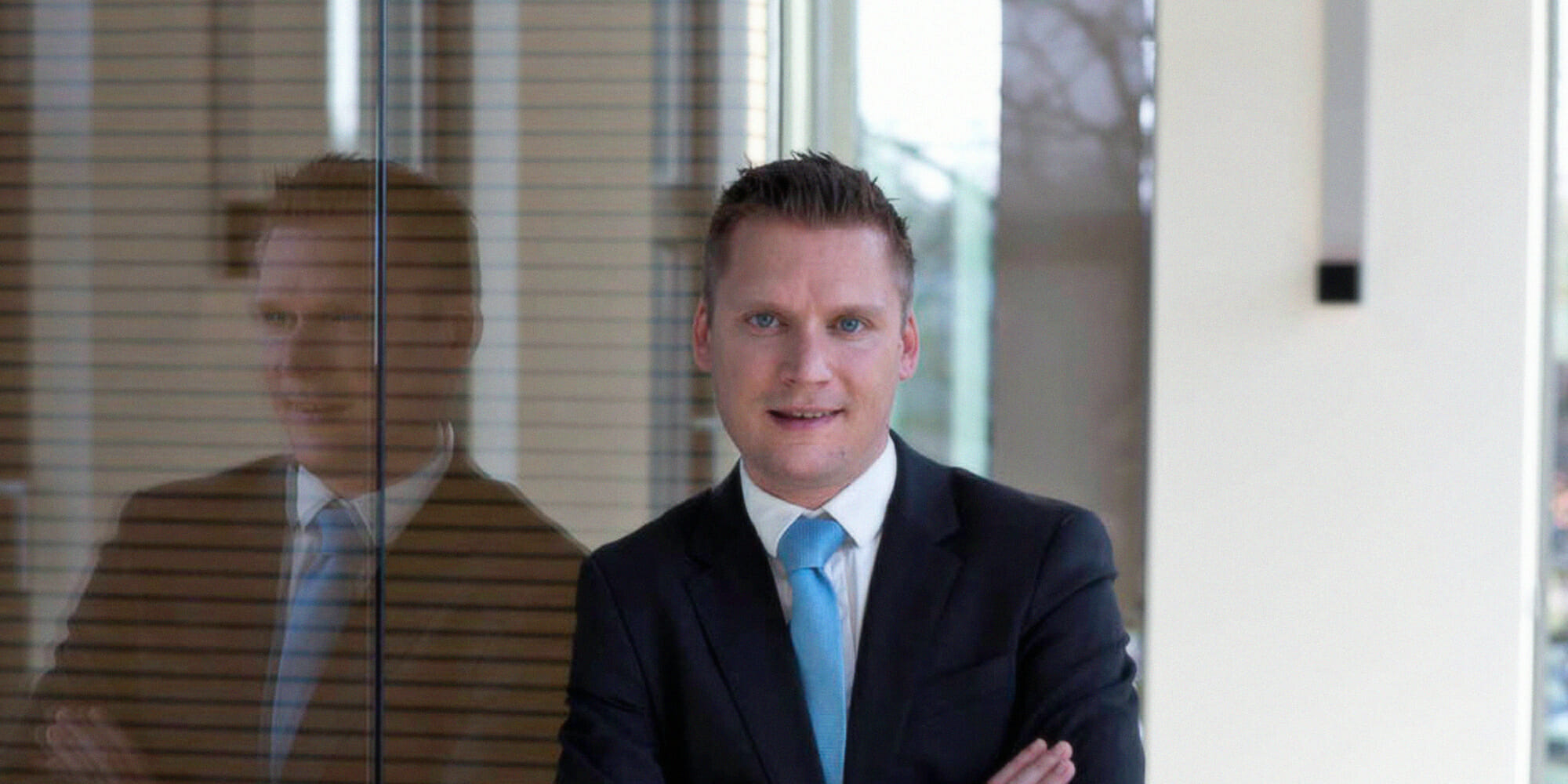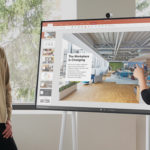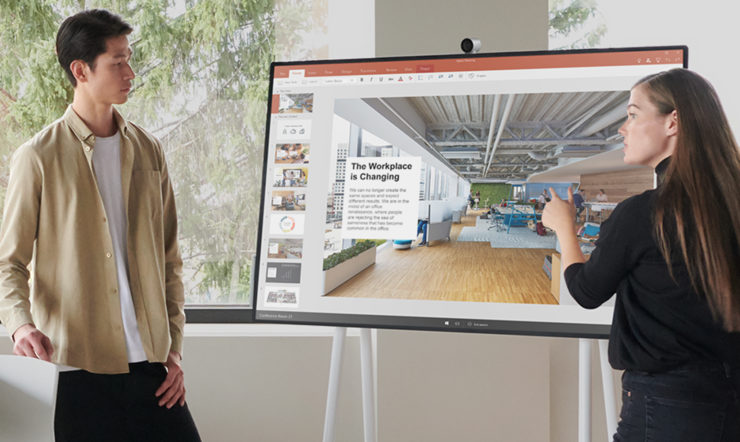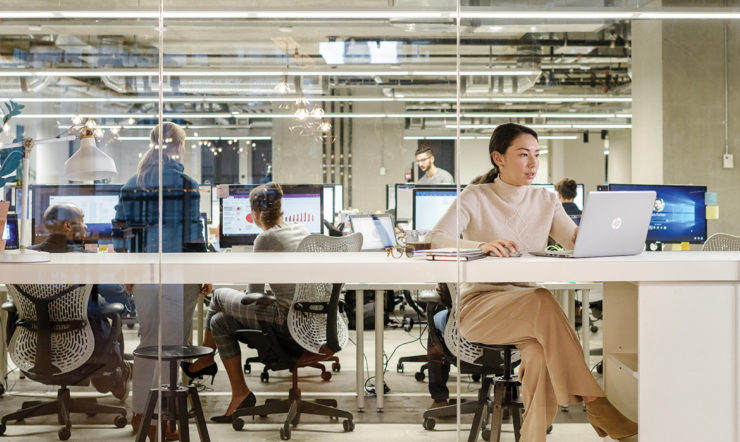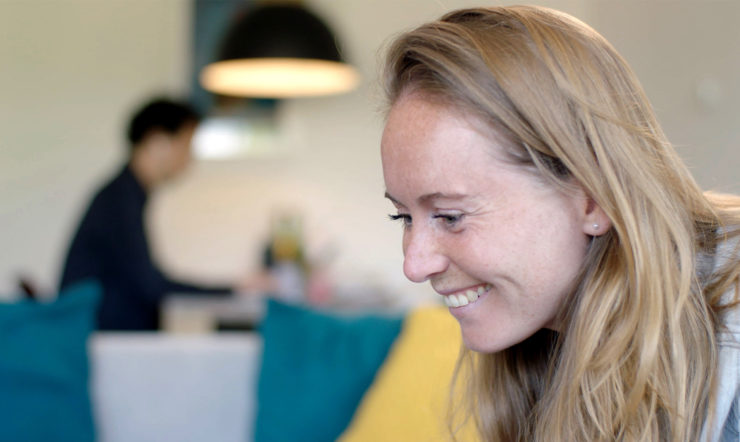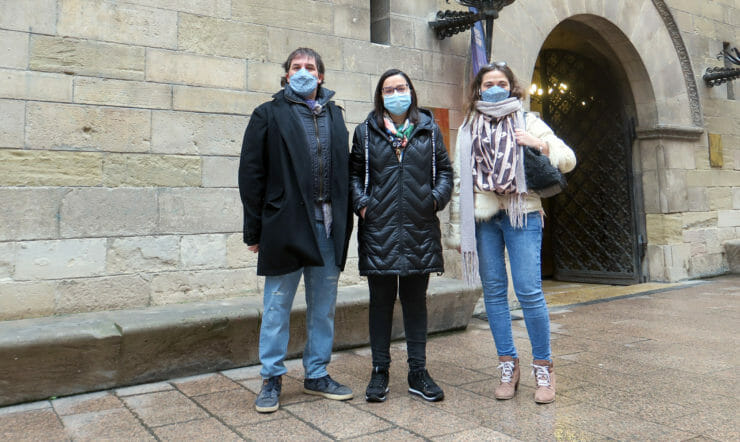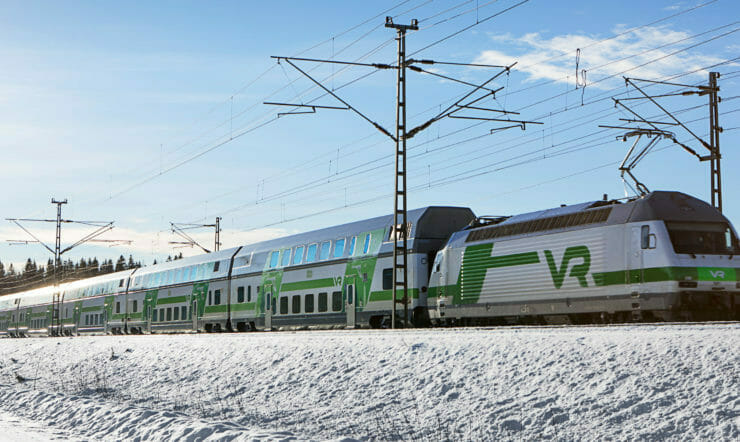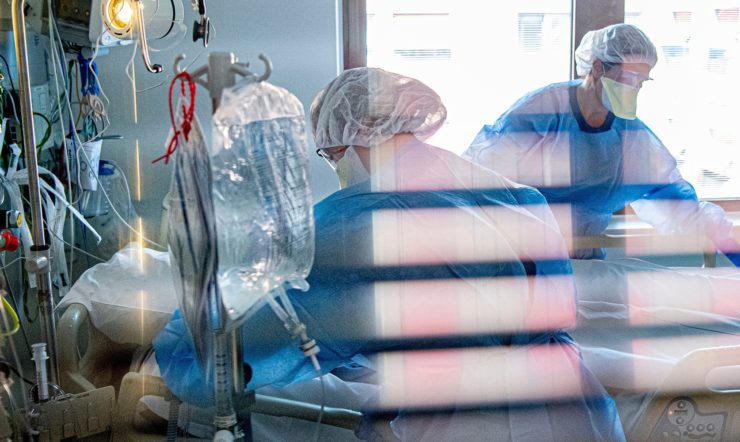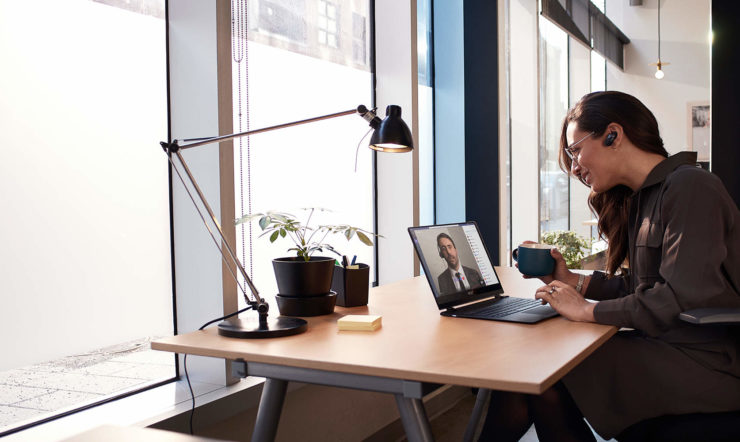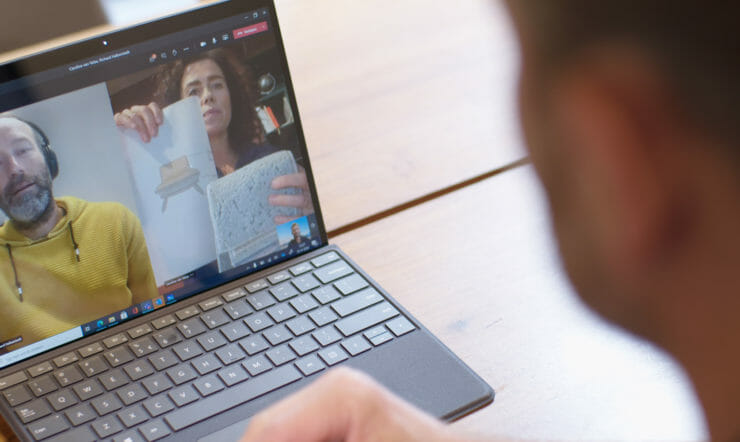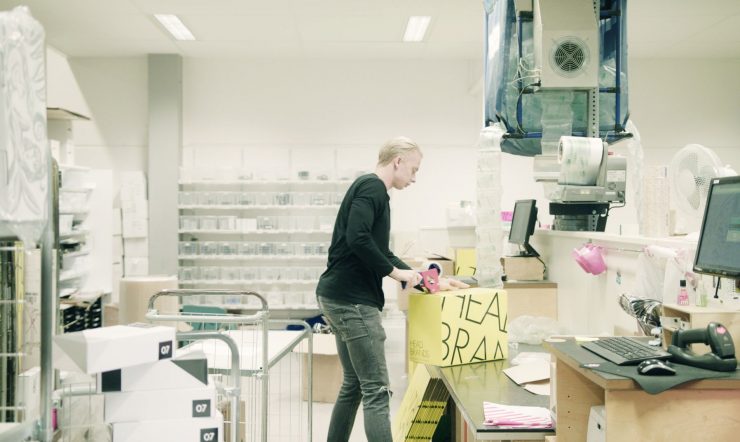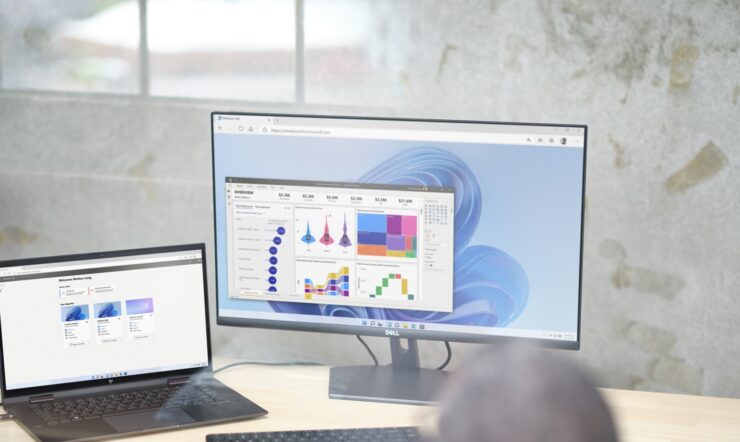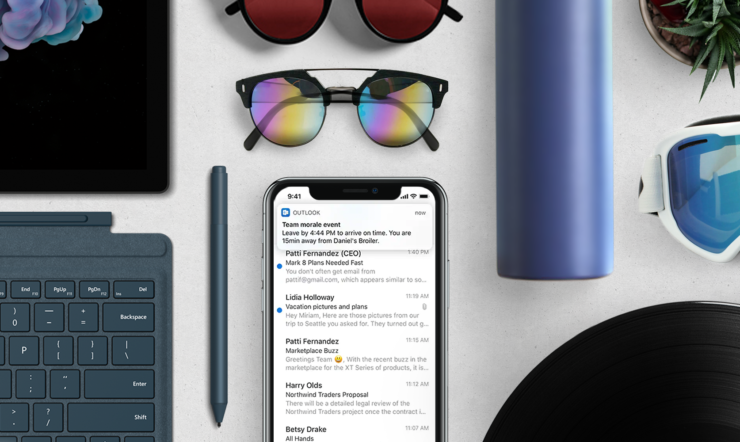“It’s always good to see that you have made the right technology choices, and when you need something to happen – it can happen.”
Stefan De Boer, Global IT Head at recruitment specialist Brunel, is talking about his company’s ethos to embracing new technologies and how it helped them quickly adapt to remote working during the COVID-19 crisis.
“We were one of the first companies globally to migrate fully to the cloud with Azure, and we’ve been first a few times before with new technology”, he says.
“Nobody saw COVID-19 coming, but our early investment in the cloud meant we already had a global network in place through Azure to handle the bandwidth of everyone working remotely, which really gave us a head start technology wise. Now we just needed a way to guarantee business continuity –to keep on sourcing and recruiting for our clients and continue payrolling the 13,000 contractors on our books.”
Early adopters in new technologies
Based in the Netherlands, Brunel provides recruitment for businesses across the world with a core focus on renewable energy and the oil and gas industries. The organization currently employees around 1,800 people across 38 countries, along with 13,000 contractors managed centrally from their Amsterdam head office.
As a market leader in the temporary-work sector, Brunel has always been an early adopter of new technologies to help improve their infrastructure. This dates to 2011, when the company implemented early versions of Microsoft Dynamics and Microsoft Office suite with help from Microsoft partner SaaSplaza, and more recently becoming one of the first global organizations to migrate every server to the cloud in 2017.
“For us it was more than just storing data – we wanted to create a safe environment where everyone could securely access their files and applications from any device, anywhere in the world,” says De Boer.
“When we discovered Windows Virtual Desktop in October 2019, straight away we knew it was right for us and we instantly started a project with SaaSplaza to implement it. That was the goal at least until COVID-19 hit. Within three weeks we had closed all 100 of our offices around the world, giving us no time for the roll-out we had planned.”
Creating a virtual office in the cloud
“Although we had this remote-working solution planned before COVID-19, we didn’t have enough devices to make it happen overnight,” explains De Boer, talking about the implementation challenges his team faced in 2020.
Brunel did have a big advantage on the software side, however. With all their systems already in the cloud and platforms such as Microsoft Teams and SharePoint fully rolled out, the company was able to adapt quickly and implement Windows Virtual Desktop with little stress or delay.
Now any employees using Windows Virtual Desktop on a personal device would be protected by the same Microsoft security features as any other Brunel laptop – creating a seamless remote-working solution to keep the business moving.
“The basics for a remote-desktop platform were there so we mainly had to tell people how to use it,” he says. “Most people had their own laptop and knowledge of the Microsoft 365 tools available, and we created an internal collaboration platform to help educate any employees who needed support.
“The adoption phase went so fast that we were able to maintain the level of business continuity we needed, which just goes to show how important it is to keep up-to-date with the developments in the market so that you can be ready for anything.”
The benefits of remote working
With Windows Virtual Desktop fully implemented, it wasn’t long before employees across Brunel embraced their new remote-working environment, which was shown by an overwhelmingly positive response for IT and working from home on a recent employee-satisfaction survey.
“For me, the biggest benefit is that Microsoft 365 is fully included, so it doesn’t matter anymore if someone works on a laptop at home or a desktop in the office,” says De Boer. “Applications like Teams are ready to use when you need them, and we can also ensure the same security measures all around the world as everyone is using the same virtual platform.”
With a challenging year coming to a close, De Boer believes that Brunel’s success wouldn’t have been possible without a close working relationship with SaaSplaza and Microsoft. An important ecosystem between the three companies that helps coordinate new innovations and make sure everything is implemented in the right way.
“You’ll never have all the knowledge you need internally, but by working together strategically we can bring in the specialisms we need,” he says.
“Sometimes that’s finding someone with experience moving to the cloud, other times it’s borrowing engineers to get a new system in place. But always it’s working together towards a shared goal and building a roadmap that everyone’s confident is moving in the right direction.”
A company that never stands still
Now as Brunel look towards the future, the company has a number of Microsoft collaborations planned for 2021 including adapting their Power Platform solution with a robotics layer, making more use of Azure data services and adding a range of new modules to their CRM platform. A strategic roadmap that stays true to their forward-thinking ethos of embracing new technologies.
“These are three big programs for 2021 that will add big value to our business, and with help from Microsoft and SaaSplaza, we have the support to ensure everything runs smoothly,” says De Boer.
“When you’re an early adopter you know that everything may not be available to you from day one, but our team motto is to just go for it and work around any issues if and when they come up. There will always be a reason not to do it, but that shouldn’t stop you innovating and always looking for new ways to improve.”


